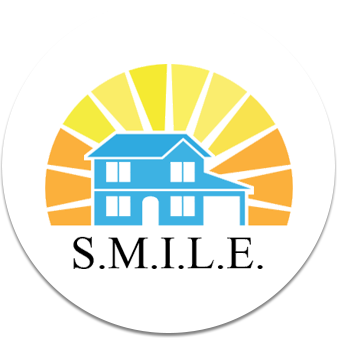Location
S.M.I.L.E. INC Mental Health & AODA Outpatient Clinic
4222 West Capitol Drive #308
Milwaukee, WI 53216
Substance Abuse Services and Supportive Services:  262-343-5609
262-343-5609
 414-231-9996
414-231-9996Types of Therapy
SEMPH
SEMPH is a holistic treatment approach that balances the four spectrums of health and healing the whole self in order to perform at one’s optimum level. Holistic treatment works when we approach life from all aspects of being — physically, emotionally, mentally, and spiritually (Chopra, 1993). When healing holistically, we need to be balanced on all levels. When one level of the spectrum of health is at low production, it becomes a lifelong process striving to achieve a perfect life balance. Therefore, a holistic approach is considered to be more effective because change occurs on all levels and as a result, positive changes are more likely to last long-term and improve a person's overall quality of life (Gang Sha, 2006).
Spiritual Health
Spiritual health is the central program for spiritual/holistic (whole health). Being spiritually connected allows the other health systems to function at their highest potential. Meditation services (music, art, or aromatherapy) are designed to relax the mind. The goal is to promote inner strength and inner peace to help our clients release the natural “fight or flight” response and begin to focus on whole health.
Emotional Health
Emotional health is connecting with the love/joy that is within, realizing the importance of family support.
Mental Health
Mental health is designed for preventative measures for reoffending individuals and reoffending mental health individuals released from the criminal justice system with dual diagnosis.



